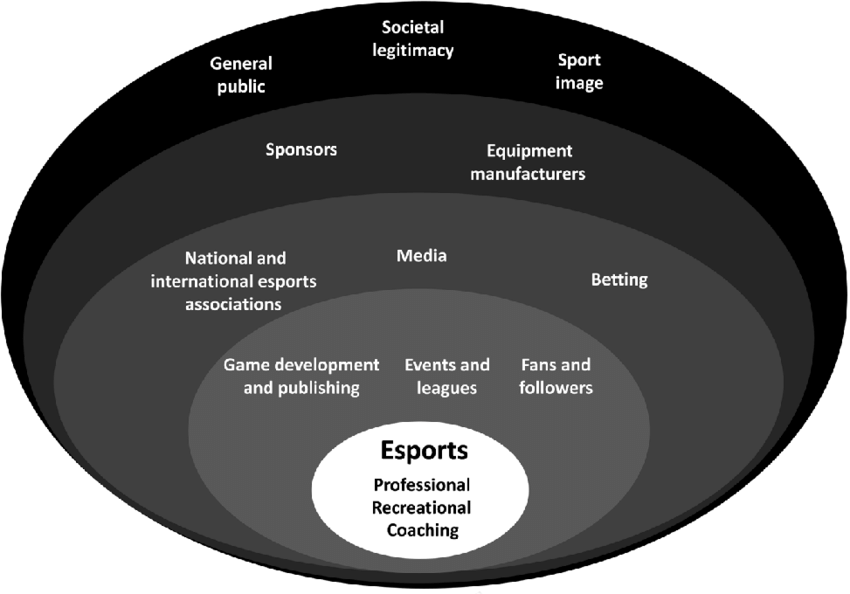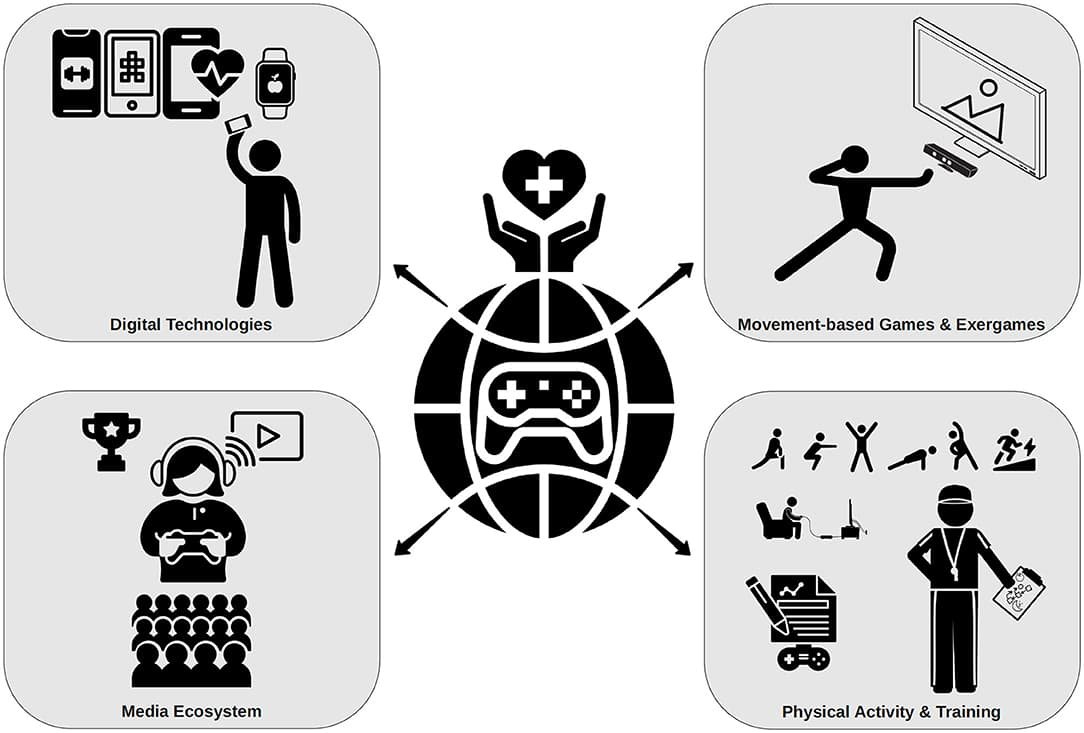Tech in Esports
Understanding Tech in Esports: A Comprehensive Guide
Key Takeaways
- Esports offer personal growth opportunities: Competing in esports can help players develop valuable skills.
- Technology is essential in esports: From gaming hardware to streaming, tech enhances the overall experience.
- Awareness of risks is crucial: Players should remain mindful of cybersecurity, health, and social implications.
Esports is a rapidly growing field that combines competitive gaming with technology. As players and fans alike become more interested in this exciting world, understanding the tech behind esports becomes essential. This guide will explore what esports is, the technology that drives it, and the personal experiences of those involved. It’s written in simple language so that everyone, including younger readers, can easily understand.
What Are Esports?
A Brief Overview
Esports refers to organized competitive gaming, where players compete in video games at a professional level. These competitions can be held online or in front of live audiences, with millions of fans watching. Popular games in esports include League of Legends, Dota 2, Counter-Strike: Global Offensive, and many more.
The Purpose of Esports
The main purpose of Esports is to entertain and engage players and fans. Just like traditional sports, esports events can generate excitement, community spirit, and even revenue through sponsorships and advertising. Esports also provide a platform for players to showcase their skills and potentially earn a living from gaming.

The Personal Impact of Esports
Imagine you’re a teenager who loves playing video games. You often spend hours after school practicing your skills. One day, you discover that there are tournaments where players can compete for prizes and recognition. Intrigued, you decide to participate.
A Personal Story
Alex, a 15-year-old gamer, always enjoyed playing Fortnite. One day, he learned about a local esports tournament. Excited but nervous, Alex signed up. He spent weeks practicing and refining his strategies.
When the day of the tournament arrived, Alex felt a mix of excitement and anxiety. As he sat down to compete, he realized he wasn’t just playing for fun; he was part of something bigger. Although he didn’t win, the experience taught him valuable lessons about teamwork, perseverance, and handling pressure.
Key Takeaway
Esports can provide personal growth opportunities. Engaging in competitive gaming can help young players develop skills that are valuable in everyday life, such as teamwork and resilience.
The Technology Behind Tech in Esports
Essential Tech Components

- Gaming Hardware: High-performance computers or consoles are crucial for esports. Players need powerful machines to run games smoothly and efficiently.
- Streaming Technology: Many esports events are streamed live on platforms like Twitch and YouTube. This allows fans to watch their favorite players and teams compete in real time.
- Communication Tools: Programs like Discord or TeamSpeak help players communicate during games. Clear communication can be the difference between winning and losing.
- Analysis Software: Coaches and players often use data analysis tools to review gameplay. This technology helps identify strengths and weaknesses, allowing players to improve.
Example of Technology in Action
| Technology Type | Description |
|---|---|
| Gaming PCs | High-performance computers that run games smoothly. |
| Capture Cards | Devices that record gameplay for streaming purposes. |
| Microphones | High-quality mics for clear communication during games. |
| Webcams | Cameras used for streaming player reactions during gameplay. |
How Technology Enhances the Esports Experience
Benefits of Tech in Esports
- Improved Performance: High-quality hardware allows players to perform at their best. Faster processors and better graphics can make a significant difference during gameplay.
- Engagement with Fans: Streaming technology enables fans to interact with their favorite players. Viewers can chat during live streams, ask questions, and feel a part of the action.
- Access to Resources: Online tools provide players with guides, tutorials, and gameplay analysis. This accessibility helps players improve their skills and knowledge.
The Role of Streaming in Esports
Streaming has revolutionized how esports are consumed. Platforms like Twitch allow anyone to broadcast their gameplay live, making it easy for aspiring gamers to build a following.
A Personal Streaming Story
Jordan, a 17-year-old gamer, started streaming his gameplay on Twitch. He enjoyed connecting with viewers and sharing tips. Over time, he built a community of followers who supported him. Streaming not only allowed him to express his passion but also opened doors for sponsorship opportunities.
Key Takeaway
Technology enhances the esports experience for players and fans alike. From high-performance gear to streaming platforms, technology plays a vital role in shaping the esports landscape.
The Risks and Challenges of Esports Technology
Potential Risks
- Cybersecurity Threats: With online gaming comes the risk of hacking and data breaches. Players must protect their accounts and personal information.
- Addiction: The immersive nature of esports can lead to gaming addiction, affecting players’ social lives, schoolwork, and mental health.
- Physical Strain: Long hours of gaming can lead to physical issues like eye strain, poor posture, and repetitive strain injuries.
The Consequences of Ignoring Risks
- Loss of Privacy: Personal data could be compromised if proper security measures aren’t in place.
- Health Issues: Neglecting physical health can lead to serious consequences, affecting both gaming performance and overall well-being.
- Social Isolation: Excessive gaming can lead to reduced social interaction, impacting friendships and family relationships.
How to Stay Safe in the Esports World
Simple Tips for Players
- Use Strong Passwords: Always create unique passwords for gaming accounts to prevent hacking.
- Limit Gaming Time: Set boundaries on how much time you spend playing games to maintain a healthy balance with other activities.
- Take Breaks: Regular breaks can help prevent physical strain and maintain focus during gaming sessions.
- Be Mindful of Personal Information: Avoid sharing sensitive information online, especially during live streams or public forums.
Frequently Asked Questions (FAQ)
What Are the Most Popular Games in Esports?
Some of the most popular games include:
- League of Legends
- Dota 2
- Counter-Strike: Global Offensive
- Overwatch
- Call of Duty
How Can I Get Started in Esports?
To get started, consider:
- Choosing a Game: Pick a game you enjoy and want to excel in.
- Practicing Regularly: Dedicate time to improve your skills.
- Joining a Community: Engage with other gamers online or in local tournaments.
- Participating in Tournaments: Look for local or online competitions to gain experience.
Is Streaming a Good Career Option?
Streaming can be a viable career option for those who enjoy entertaining and connecting with an audience. However, it requires dedication, consistency, and time to build a following.
Conclusion
Esports represent a fascinating intersection of technology and competition. As this field continues to grow, understanding the technology behind it becomes increasingly important. From high-performance gaming gear to streaming platforms, technology shapes every aspect of esports.














Post Comment